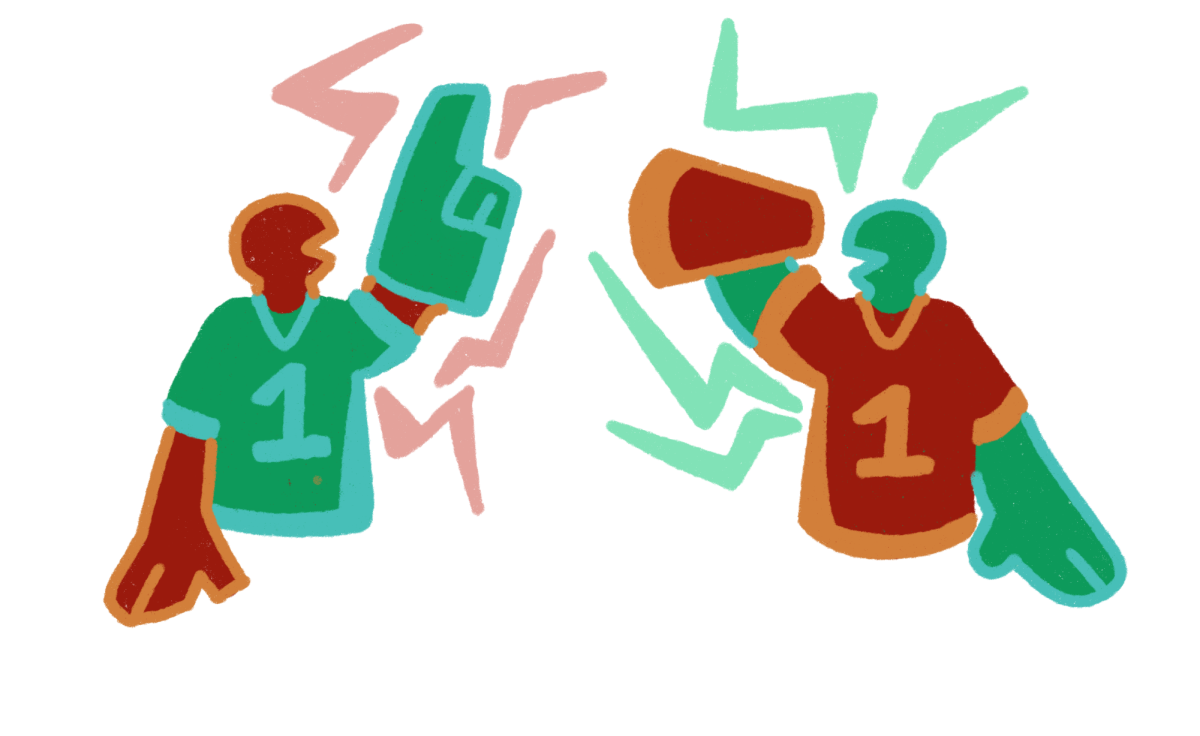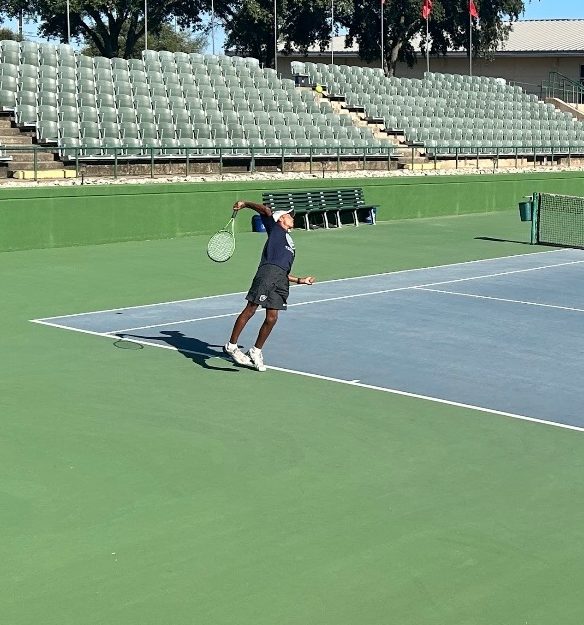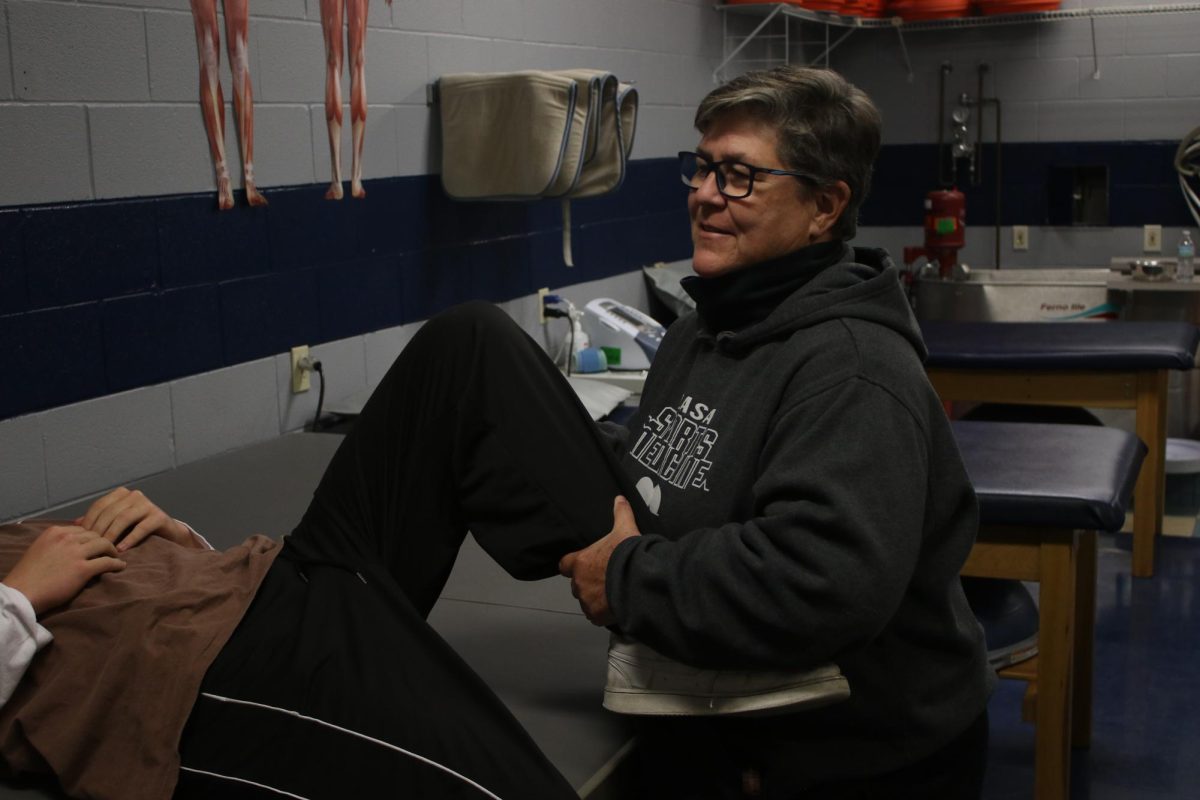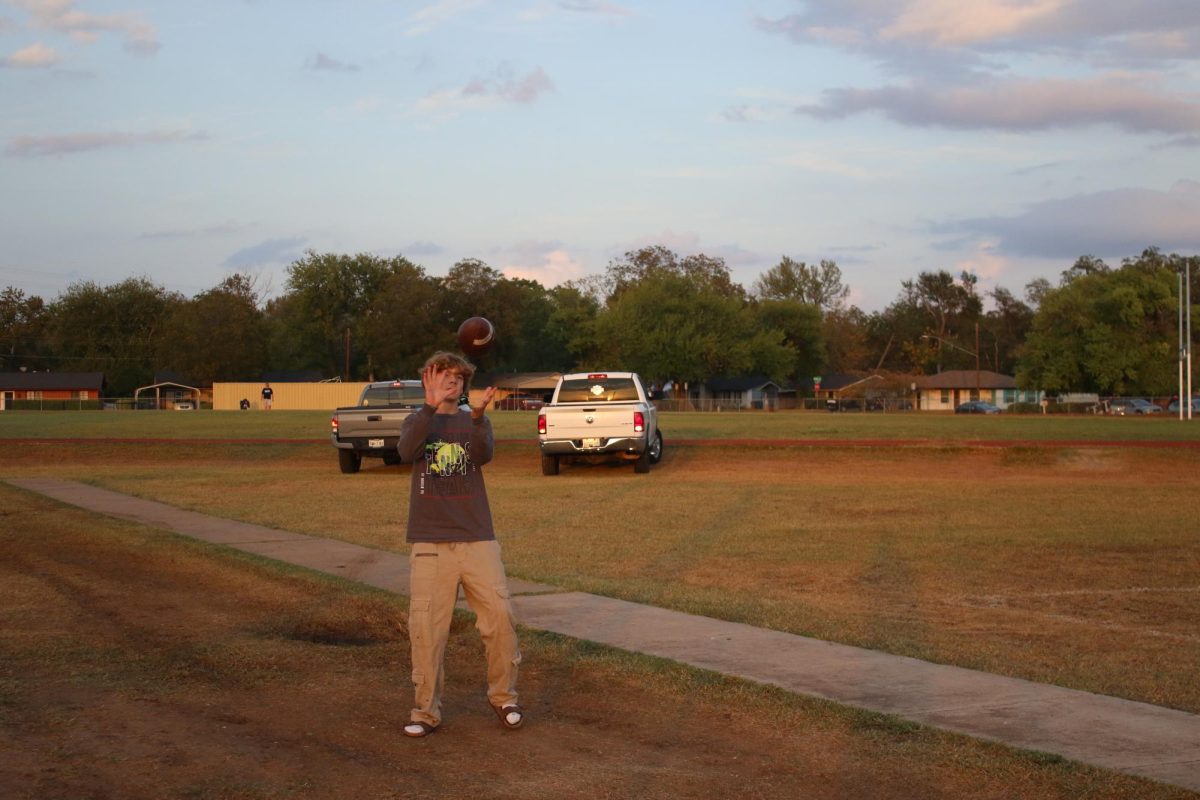Sports stadiums, once considered safe spaces for friendly competition, are becoming increasingly violent. However, this violence is not exclusive to the ultras’ sections. These events have also been connected to an increase in domestic violence, according to an article by Event Management. The link between aggression in stadiums and violence at home suggests the normalization of violence in one area of life can spill over into others.
Incidents of physical altercations between opposing fans or between fans and players have surged in recent years, and some have even resulted in the avoidable deaths of spectators in physical clashes. On September 20, 2023, ABC reported the death of a New England Patriot fan after an altercation at a game between the Patriots and the Philadelphia Eagles. In December 2023, two men were charged with assault and battery along with disorderly conduct for the incident. Joe Sampson, a graduate student at the University of Texas at Austin (UT Austin), is against spectator violence and believes it is the spectators’ responsibility to exercise self-control to avoid dangerous incidents.
“I think it’s terrible, it’s not good,” Sampson said. “It can turn violent just because there’s not very much control, as a sports fan, that you can have over the outcome of the game.”
Sampson pointed out that some fans support their teams fervently, and they take the “us vs. them” mentality of sports too far, impassioned frustration can quickly turn into violence. This can lead to dangerous mob mentalities where aggression feels justified. This is especially prevalent between schools with historic rivalries, such as the one between UT Austin football and Texas A&M football. Aloysious Tasch, a LASA junior who attends sporting events regularly and is involved in a variety of outdoor sports, explained his observations on increased violence in sporting stands.
“I have not seen an increase in violence in sports stadiums, but I have not attended a large sporting event in a while,” Tasch said. “I did hear about the UT game and how they were throwing trash on the field.”
The actions that come from this anger are not always inherently violent, but they can put athletes on other teams in dangerous situations. On October 19, 2024, UT Austin fans took their anger out over a call during a game against Georgia by throwing trash onto the field and at the sidelines. This put the referees in a situation where they could overturn the call or continue to put the other team in danger with angry fans. The call was eventually overturned, and the ball was given to UT Austin. Jack, a UT Austin student who preferred to keep his last name anonymous, explained his perspective on the situation.
“We were new to the SEC,” Jack said. “It’s a little ridiculous that our first introduction was a messy one.”
On October 20, the SEC released a statement saying that while the original call of the play was not correct, the actions of the fans throwing debris were unacceptable. UT Austin was fined $250,000 and will have to report back to the SEC with a review of alcohol availability policies.
“We got a pretty good email from our president disciplining us for that,” Jack said. “You know, I wouldn’t have done it, but I can see where he’s coming from getting on everybody’s case about it. That’s expensive.”
The trend of violence during the SEC continued with Tennessee fans storming onto the field after they won 24-17 against Alabama. The SEC fined Tennessee $100,000 for this conduct.
“It’s a little bit disgusting that because of poor behavior on the parts of the participants, the spectators, that the university had to pay such an egregiously high fee,” Sampson said.
The New York Times reported that the last week of football play in November 2024 contained a large amount of rule-breaking and violence, including the refusal of handshakes and flags being planted by players. Stiffer penalties for fans who break the law have been proposed, according to an article by The Intelligencer.
“Unfortunately, I can’t really think of a solution you could have, except maybe bringing in more police and more guards that are within the stands to be able to monitor that sort of thing,” Sampson said.
Rise in aggression because of sports has been linked to an increase in violence outside of sporting events. According to a 2011 study by David Card and Gordon Dahl, unexpected losses have been shown to cause a 10% increase in police reports about at-home violence. A 2022 study by Kirsty Forsdike, Grant O’Sullivan, and Leesa Hooker also showed a clear connection between major sports events and violence against women. In these cases, the anger and frustration felt by fans during a game often don’t stay within the stadium; they are taken home, where intimate partners or family members become the targets of that aggression.
“If your team is in the playoffs or the championship and they end up losing and they’re out, I can sympathize with how frustrating that can feel, especially being a fan for many many years and seeing what seems like a once in a generation opportunity,” Sampson said. “But that still doesn’t justify it whatsoever.”
Reports from the 2016/2017 data years of the National Intimate Partner Violence Survey reported that “more than 16 million people in the U.S. suffer from intimate partner abuse per year.” Despite this statistic, help is always available through the National Domestic Violence Hotline; call 800.799.SAFE (7233) or text “START” to 88788.







